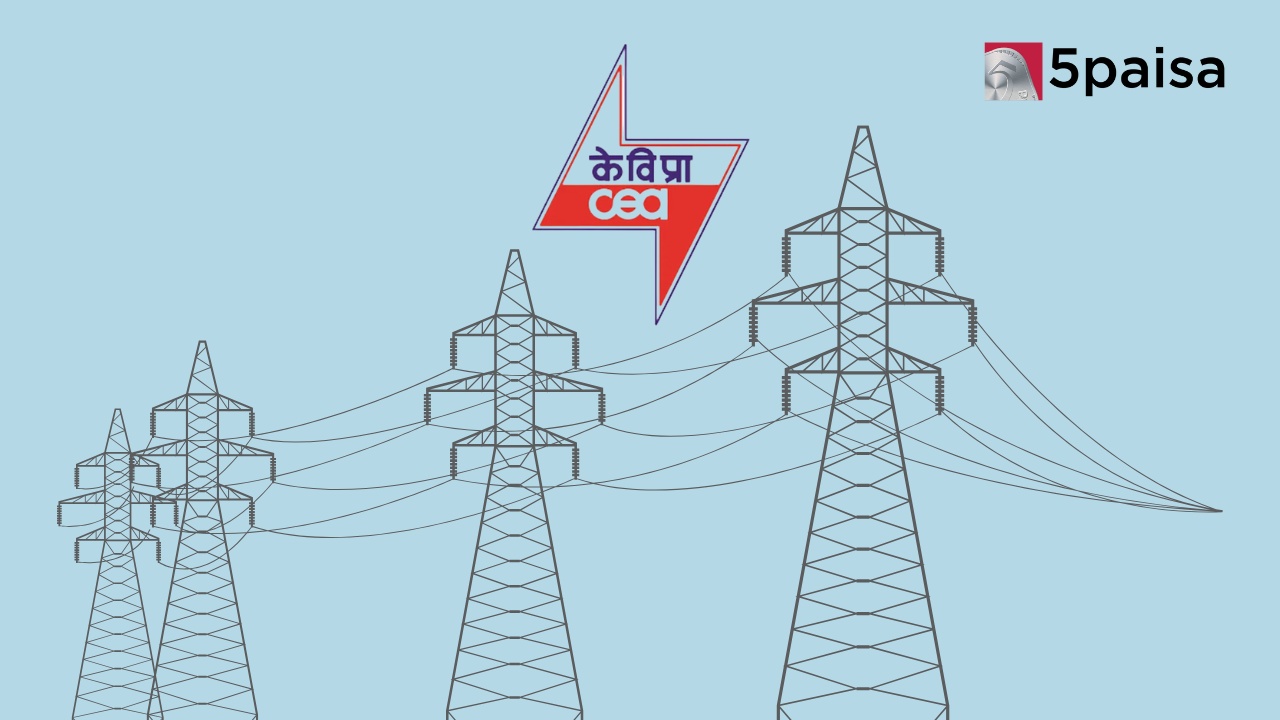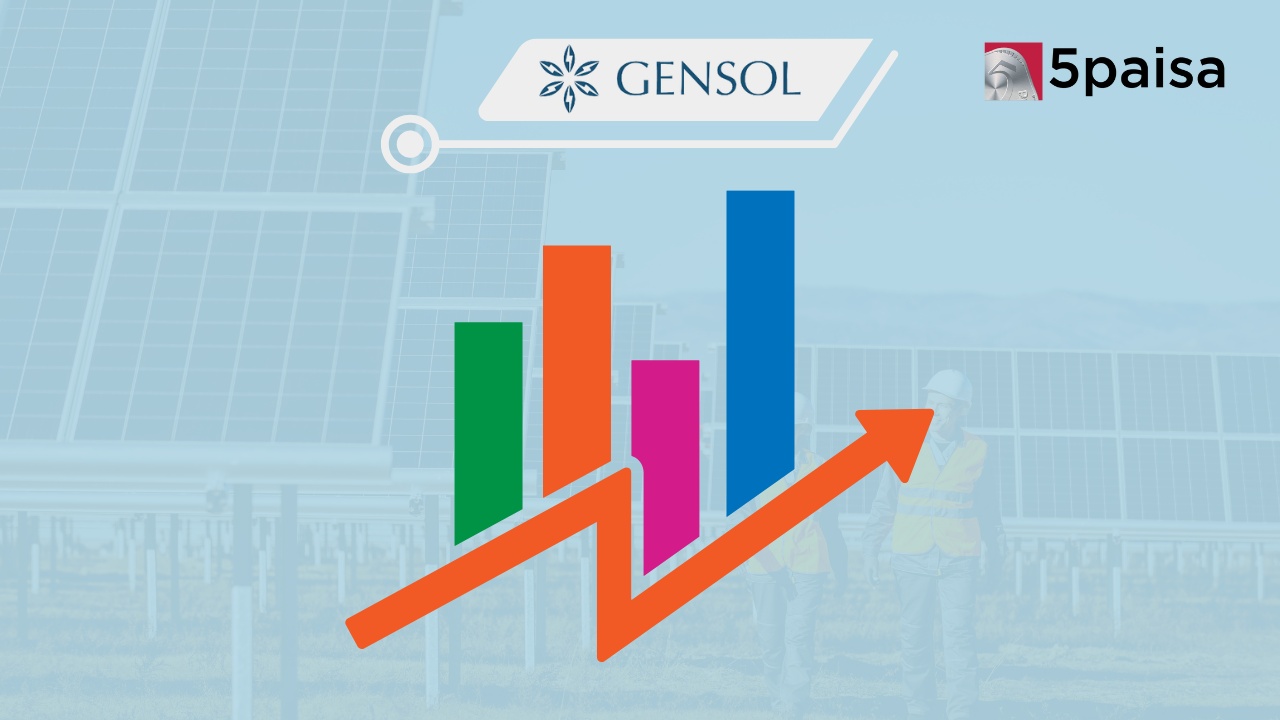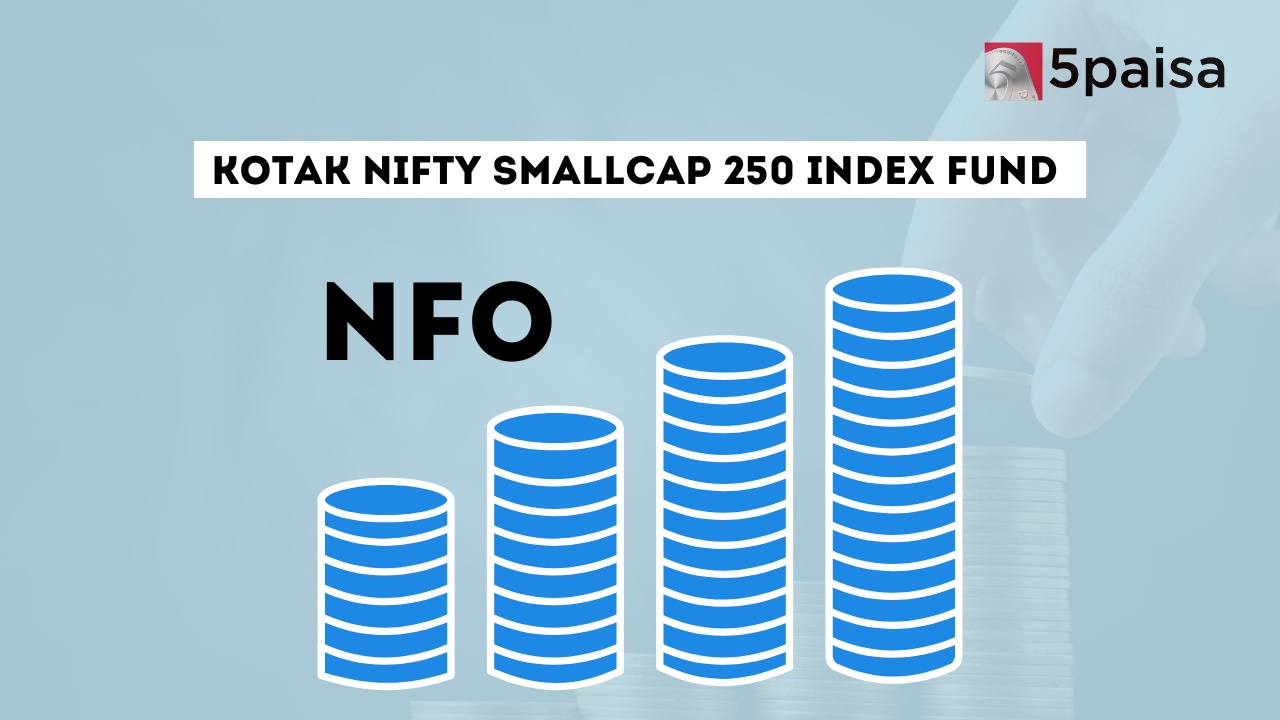Cement stocks take a hard knock on multiple headwinds

Last Updated: 22nd September 2022 - 04:51 pm
Cement stocks have had a dream run in the last few months. There were several reasons. Firstly, the cement demand was expected to be robust as construction and government outlays for infrastructure picked up. Secondly, the input costs like the freight cost, fuel costs and the cost of coal and pet-coke, key inputs for cement, were all coming down sharply. This ensured that in the coming quarters, the pressure on the margins of cement companies would substantially come down, compared to the pressure in the last few quarters.
However, a big kicker for a handful of select cement stocks came from the acquisition of Ambuja and ACC by the Adani group. The open offer may not have been much of a success but then Adani family already has over 63% in Ambuja Cements and over 50% in ACC. Gautam Adani and Karan Adani had also taken over as the chairmen of Ambuja Cement and ACC respectively. All this had raised hopes of positive revaluation of cement stocks. In addition, it was expected that more mid-sized cement companies would be buy targets.
However, the momentum appears to have been lost in cement stocks in the last 2 days and the correction between the VWAP price of 20th September and the price on 22nd September shows a sharp fall in cement stock prices across the board. The table below would illustrate this point much better.
|
Company |
CMP (22-Sep afternoon) |
20-Sep VWAP Price |
Fall (%) |
|
Ultratech |
6,248.95 |
6,514.66 |
-4.08% |
|
Shree Cements |
21,726.85 |
23,405.28 |
-7.17% |
|
ACC Ltd |
2,554.00 |
2,713.68 |
-5.88% |
|
Ambuja Cements |
534.60 |
577.49 |
-7.43% |
|
Dalmia Bharat |
1,651.30 |
1,708.69 |
-3.36% |
|
Nuvoco Vistas |
415.00 |
459.64 |
-9.71% |
|
India Cements |
271.15 |
288.79 |
-6.11% |
|
Ramco Cements |
754.20 |
776.50 |
-2.87% |
|
Birla Corp |
1,055.00 |
1,100.11 |
-4.10% |
Data Source: NSE
Clearly, the average loss in the major cement companies in the last 2 days has been ranging between 5% to 7% on an average. For better clarity on the fall, we have considered the VWAP price that the volatility is better captured in the returns. What are the reasons for the fall in cement stock prices? There have been 3 key triggers for this sharp fall in cement prices and why the pressure on cement stocks may continue.
The first and foremost reason is that the rally was just too good to be true. The demand pick up had just shown green shoots and there was still limited pricing power. Housing was still not picking at a mass scale and with the RBI hiking rates, these are normally the commodities to get hit the hardest. Under these circumstances, it is hard to fathom why the cement stocks rallied so hard in such a short span of time. Also, the oil prices may remain low due to weak demand but the OPEC is likely to cut supplies and that would take oil prices higher once there are indications of rate hikes topping out. That again pressures margins.
The second reason is the glut in supply. Over the next 5-6 years, Adani (ACC plus Ambuja) plans to double cement capacity from its current 70 million tonnes per annum (MTPA) to 140 MTPA. That is not all. The industry leader, Ultratech Cements of the Aditya Birla group, is also planning to enhance its cement capacity from 125 MTPA to 200 MTPA by 2030. Even other players like Shree Cements, Dalmia Bharat, JK Cements and Nuvoco Vistas are in the midst of a massive capacity expansion. Too much capacity is likely to create a glut in the market and depress prices as bargaining power shifts back from the seller to the buyer.
The third reason was more news based. The markets were rather disturbed by the fact that Adani group had decided to pledge their entire holdings worth $13 billion with the banks. Generally, the markets have not viewed large pledges very positively. In this case, over 63% of the equity base of Ambuja and over 50% of the equity of ACC has been pledged. Now, both are sound companies but as we have seen in the past, a sharp correction in the price of the stock could force risk management measures as the financier dumps the stock.
In this case, the agreement is that the shares will not be sold but such conditions are normally circumscribed. For example, if the shares cannot be sold, the Adani group would be expected to bring in extra collateral or repay part of the loan. That part is not too clear, but risk management needs will not allow the financier to bend beyond a point. That could be a trigger, and one only hopes that is not required.
- Flat ₹20 Brokerage
- Next-gen Trading
- Advance Charting
- Actionable Ideas
Trending on 5paisa
01
 5paisa Research Team
5paisa Research Team
06
 5paisa Research Team
5paisa Research Team
Indian Market Related Articles
Disclaimer: Investment in securities market are subject to market risks, read all the related documents carefully before investing. For detailed disclaimer please Click here.




